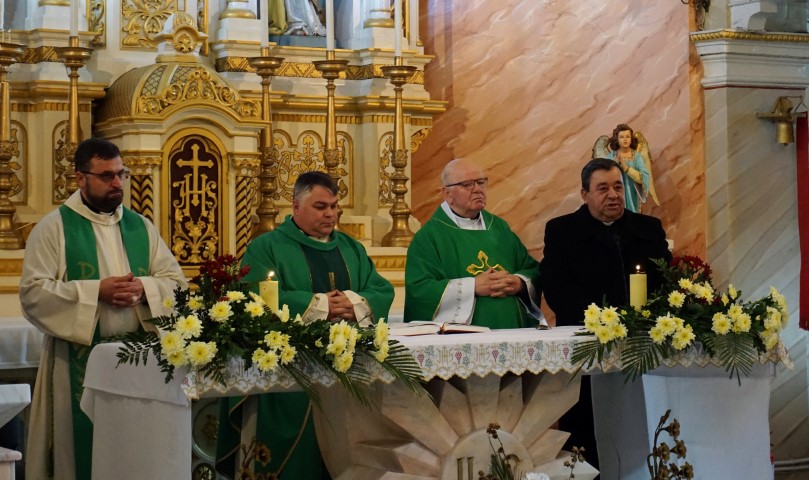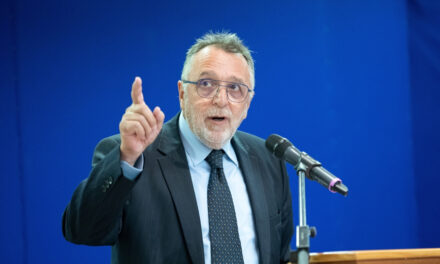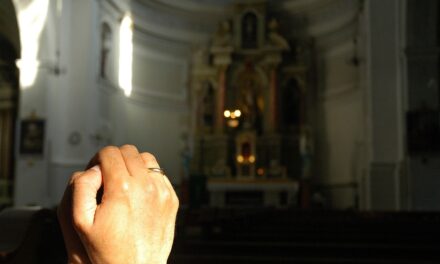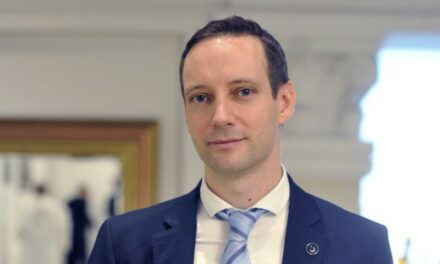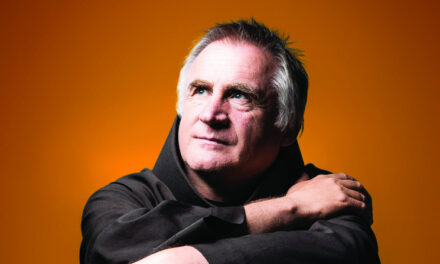Compared to the previous negative attitude, we can already see a kind of openness on the part of the Roman Catholic bishopric of Iași (Iasi) to the demand of the Moldavian Csángós for the Hungarian Mass, said László Pogár, president of the Association of Moldavian Csángó Hungarians (MCSMSZ), in a statement to MTI.
The Roman Catholic residents of the Csangó Hungarian settlements in Moldavia have been able to participate in a Hungarian-language Mass in Báko once a month for the past three years. The next ceremony will be held on Sunday in the Holy Cross Church of the county seat. According to László Pogár, it is already a great thing that it can be held, but as a result, the number of Hungarian masses has increased in the last three years: they are also allowed at the opening of the school year and at events.
I see that there is a kind of openness on the part of the church - declared the president, who says that it is a big step forward that in Pusztina - where the Hungarian mass has been requested for thirty years - the Catholic priest goes to the events and greets the participants in Hungarian.
It all started with the Mass in Bák, he said. He added: Our Lord's Prayer or Hail Mary are also occasionally sung in Hungarian in individual Csangó villages. In Hungary or Székelyföld, this is not a big deal, but here it is.
Even if there isn't a Hungarian mass in every settlement on Sunday, said the president, emphasizing that every small step counts in Moldova. He explained: compared to how dismissively the bishopric of Iași in the early 2000s approached the legitimate demands of the Moldavian csangós, we can see the opening.
With patience and consultation, progress can be made slowly in this area as well, he said, adding that ceremonies in Hungarian are allowed at the beginning of the school year, at the end of the year, and on festive occasions in some settlements.
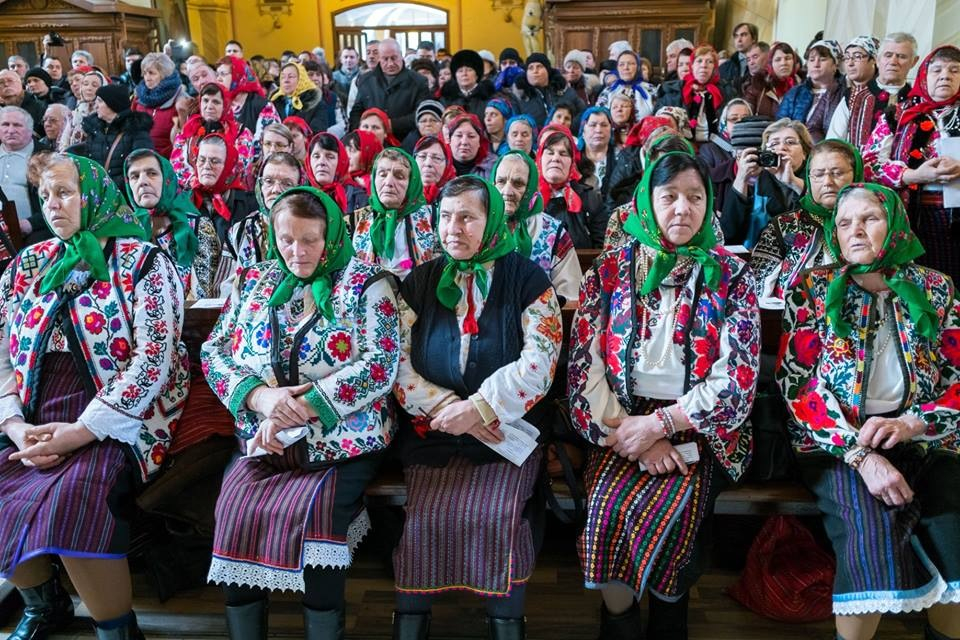
Source: Hungarian Courier
Not everyone, he added. As in the field of education and public administration, the attitude towards the rightful demands of the Csángos in individual Moldavian villages also varies with regard to the Hungarian mass. Not all settlements are the same, but overall there is a kind of cooperation - emphasized László Pogár, referring to the bishopric of Jászvásár. He said about the Hungarian ceremonies held once a month in Báko: since there are no bus services on weekends, the residents of the Csángó villages jointly organize the trip to the county seat, and the church is filled with worshipers at these times. According to the Háromszék daily, three hundred and twenty people from 24 settlements signed up for the most recent event at the end of January.
Tinka Nyisztor, a Pusztina ethnographer, the former head of religious affairs at the MCSMSZ, and the president of the Szent István Association in Pusztina - who for thirty years has requested the ceremony in Hungarian from the bishopric in numerous petitions - told the newspaper: In Pusztina, they do not allow regular Hungarian masses for fear that, emboldened by this, the other Csangó settlements would also request it, which, according to him, the ecclesiastical authority is completely aloof from. The first Hungarian Mass was held in Báko on January 27, 2019. It was the first time in the history of the bishopric of Jászvásár since 1884 that a regular Hungarian-language mass could take place ordered by the leadership of the diocese. Tinka Nyisztor told the press at the time: during the three decades of their struggle, a generation that longed for the Hungarian mass and barely knew Romanian died out in Moldavia. But a new generation of priests has also appeared who better understand the needs of the faithful, he added. In the eight Moldavian counties belonging to the diocese of Iași, according to data published on the diocese's website, there are more than two hundred thousand Roman Catholics.
Hungarian researchers estimate the number of Moldovan Catholics who speak a dialect of the Hungarian language at 30-40 thousand.
Source: Guys from Pest
Featured image: Magyar Kurír

